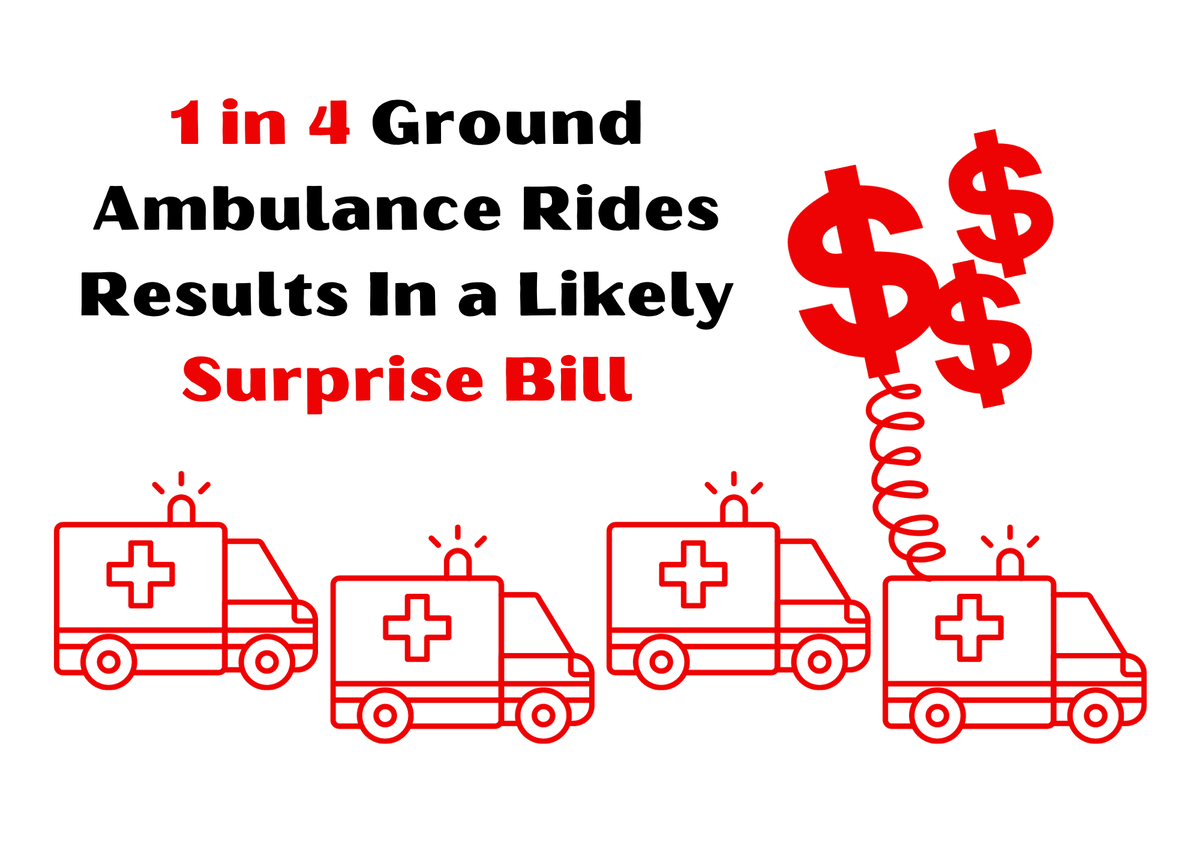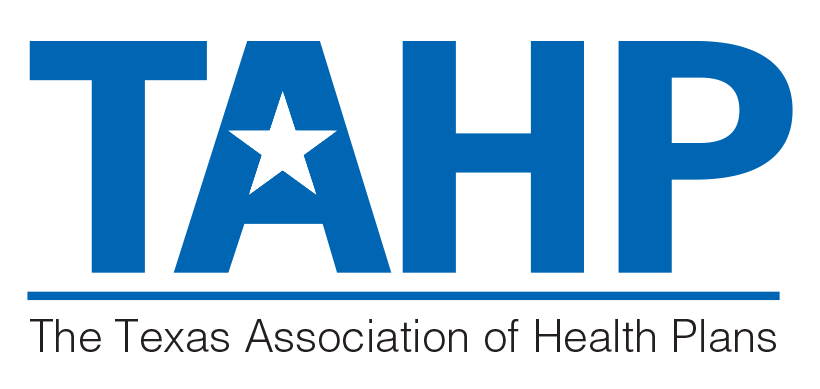
New Texas Law Bans Surprise Ambulance Bills
Complete Coverage

By: TAHP | Thursday, December 7, 2023
What’s New: Starting January 1, 2024, Texas patients will benefit from new protections against surprise ambulance billing, thanks to the passage of SB 2476, authored by Sen. Zaffirini and Rep. Oliverson.
Why it matters: Ambulance rides are often out-of-network, and patients generally don’t choose their ambulance service, leading to surprise bills.
- Nearly 60% of ambulance rides are out-of-network, according to data from Fair Health.
- Researchers looked into out-of-network ambulance rides and found that 1 in 4 ambulance rides results in a likely surprise bill.

Go back: Surprise billing, particularly from out-of-network providers, has been the subject of debate both in Austin and Washington D.C. for several years now, as lawmakers aim to protect patients from unexpected costs called “balance bills.”
- State and federal laws ended surprise bills for physicians and hospitals, but ambulance rides were left out of the deals.
The details of SB 2476:
- Prohibits out-of-network ambulance providers from sending patients surprise bills.
- Insurers will cover costs based on local ambulance rates set by counties and cities.
- If no local rate exists, insurers will pay the lesser of 325% of the Medicare reimbursement rate or the full billed charge.
- Rulemaking in Progress: TDI is actively engaged in the rulemaking process for SB 2467 to implement the new law.
Scope of the law: The law applies to state-regulated health plans, ERS, and TRS. Most large employer health plans, often self-funded, fall under federal regulation and are not covered by this state law or state regulations.
- To address large employer coverage, Congress must act to solve ambulance surprise billing as they did with the No Surprises Act, which banned surprise billing by physicians and hospitals.
- 1/3 of Texans: State-regulated health plans cover about a third of Texans with private coverage.
- Identifying your coverage: Check your insurance card for “TDI” or “DOI” to determine if you’re under a state-regulated plan. State employees and teachers in the TRS system are also covered.
Congressional action pending: The federal No Surprises Act didn’t address ambulance services. Instead, the legislation established a federal task force that is currently considering recommendations, including:
- Limiting copays for patients to $100 for ambulance rides.
- Prohibiting balance billing from ambulance providers.
- Avoiding dispute resolution and instead creating a payment standard for required insurer reimbursement based on local rates or a percentage of Medicare.
- Go deeper: The committee considered Medicare rates as a guideline, but stopped short of recommending a specific percentage of Medicare for reimbursement. This likely reflects the wide range of ambulance costs that exist nationwide.
Texas sunset scheduled: The new Texas law is set to expire on September 1, 2025, with the expectation that a federal solution will be enacted by then, covering all types of health coverage. This approach aims to establish a uniform set of rules for ambulance providers and insurers, simplifying administration and reducing confusion for both patients and providers.
- If Congress fails to act, Texas lawmakers will have the 89th Legislative session starting January 2025 to reconsider the issue.
The bottom line: The new Texas law marks a significant step in protecting Texans from surprise ambulance bills, but comprehensive coverage across all health plans hinges on further federal or state action.
Stay updated on the latest TAHP news

Articles written by TAHP’s team of policy experts that examine the research, trends, and impact of the most important health care policy issues facing Texas and the country today.

Weekly news clips assembled by the TAHP team that highlight the top headlines from the health insurance and health care worlds, as well as important political updates.
